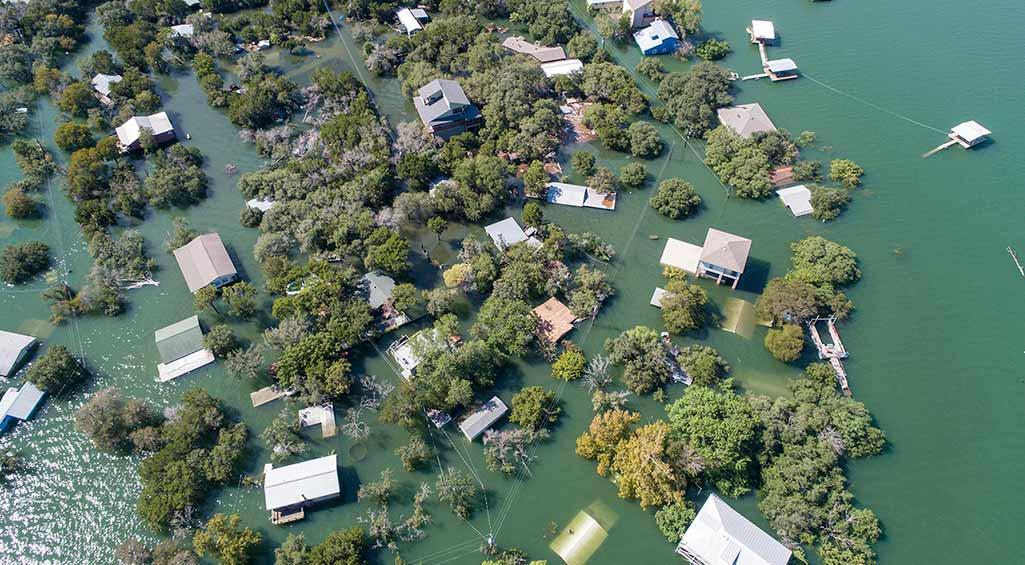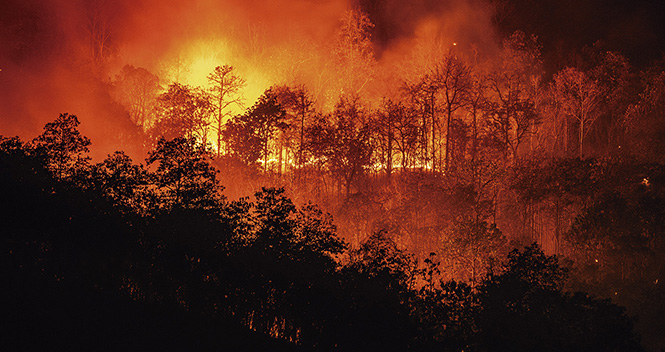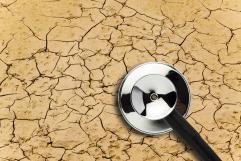
Extreme phenomena that will affect our health
Over the past 60 years, the frequency of natural disasters related to extreme weather conditions has more than tripled all over the world and the projections indicate that these will continue to rise. Every year these disasters cause over 60,000 deaths, particularly in developing countries, according to the WHO. In 2011, 332 natural disasters were recorded in 101 countries, causing over 30,770 deaths and affecting over 244 million people, according to the WHO. These natural disasters caused direct effects in the short term such as physical injuries and deaths, but their consequences over time on the natural habitats, such as the water and the soil must also be taken into account. Because floods can wash pollutants and chemical substances along from industrial installations, sewage and waste water that could contaminate drinking water and the land for agricultural use.
The European Environmental Agency recalls the effects of the floods that devastated Bosnia and Herzegovina, Croatia and Serbia in 2014, which left over sixty deaths and 2.5 million people affected. Many hospitals were flooded and the healthcare service’s capacity to face up to the disaster and to look after the already existing patients was reduced. Other consequences of the catastrophe are the long term health problems, such as stress, affecting the people who lost their homes.
Furthermore, a high percentage of the areas in Southern Europe suffer from hydric stress, because the extreme variability of rainfall affects the availability and supply of drinking water, which worsens the quality conditions, increasing the health risks. Experts calculate that in 2100 climate change will double the frequency of extreme droughts, which will become six times longer.
Additionally, the lack of rain will cause a decrease in agricultural production of up to 50% in some countries in Africa, meaning that the cases of undernourishment and malnutrition will increase, which currently cause 3.5 million deaths a year. The lack of drinking water also jeopardises hygiene and increases the risk of diarrheic diseases, provoking approximately 760,000 deaths of children under the age of five years every year, as indicated by the World Health Organisation.




